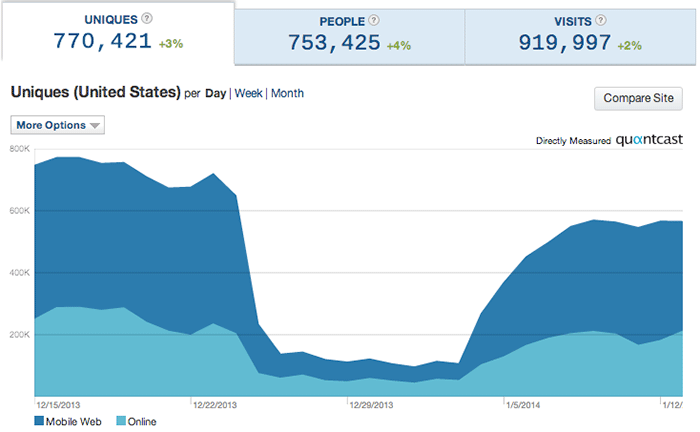We live in a world where we have all the information we need at our fingertips. There is very little that the Internet doesn’t know. Search for a specific error on your PC and someone, somewhere, at some point in time has asked about it. And got an answer. Looking for the best running shoe in the world? You’re going to find lots of information to sift through, and, since it is pretty subjective, you’re going to have to digest the information you find.
I was set thinking about this while I was having a conversation with a friend recently who was complaining about the quality of search results and the way search engine optimisation works. Her point (which is a valid one, to be fair) was that the giants in the industry (for example eBay and Amazon) always get first places in search results for products they carry.
In order to learn how to search better you need to understand how search engines work and how people try to find ways of gaming the system in order to get better results.
The first and most obvious issue to keep in mind is that search engines only have one aim in mind: Delivering the most relevant results to whoever is searching. They might make all their money from advertisers, but at the end of the day the only reason people keep coming back to the Googles of this world is because they find what they need most of the times they search.
This means that something like Google will do all it can to sort out relevant content and to use a massively complex set of criteria in order to choose which content should be rated higher.
It was all simple enough when Google sorted its search results based on an internet which was not geared towards its sorting methods. However, once people realised that Google’s ranking meant a lot to the traffic you were receiving, people started analysing them in order to find ways to boost their placing in searches. From then on, it’s been a constant cat and mouse chase with Google improving their algorithms in order to filter out cheaters and keep on delivering the most relevant content on a regular basis.
There are thousands of factors that affect search engine rankings, but I’ve picked on one for the intents and purposes of this article: linking.
Links & SEO
Traditional SEO companies found ways to trip the system in their favour. Website publishers caught on to this and started cashing in on it. At first, Google used to determine your relevance based on the number of links to your site. This made sense at the time, because it was assumed that people linking to your site are a “vote of confidence”. This tactic was discovered and people started putting up links left, right and centre to boost their search engine rankings.
Google tweaked this to check the text in the hyperlink to try improving the system, but this was not enough. Next, it started checking the number of outgoing links on the page and splitting scoring based on that (so a site with 2 outgoing links only gave 50% weight to each of the sites linked from it). It then started checking the quality of the sites linking in to your site and giving you more scoring based on that. Finally, and in its most drastic clampdown yet, it decided to start penalising all low quality links pointing into a site. This meant that the “old” method of submitting links was basically not only not helping your rankings, but getting you penalised.
When traditional SEO companies tell you that they are working on submitting your site to build links, they will lead you to believe that they can bring your score up by simply increasing the number of links into your site. But the truth is simple: You do not want to game the system because you do not want to be in a system that can be gamed.

Search engines should improve, search engines should be doing their job better in the future, and history has shown that any time the large search engines have found someone trying to “cheat” their way up to the top, the fall was long and fast. Just ask RapGenius. Google caught them cheating and they lost around 80% of their traffic overnight. OK, they did get their traffic back after apologising publicly and rectifying their errors, but they were super quick to react and had enough clout to carry it off. Not everyone has major VC backup.
The bottom line
If you want to be found in search engines, there are things that you can do. It is not a lost cause, on the contrary, it is a very exciting time to be in the game. The equation is very simple, the more likeable your site is, the more chances you have of being noticed by search engines. There are thousands of technical factors to work on, and we do encourage you to make sure that all of them are bang on. Once you’ve sorted this out, work on a two-pronged strategy that will see you winning search engines over:
- Build a site with content, resources and tools that people want to link to, talk about, refer to and rave about.
- Work on a guest posting strategy that sees you building a slow and steady stream of natural inbound and outbound links.
At Switch we specialize in doing this as one of our services, learn more about this here: https://www.switch.com.mt/seo-malta/
But that’s enough for now. We’ll stop at the what. We’ll go into how to do these in future blog posts.




